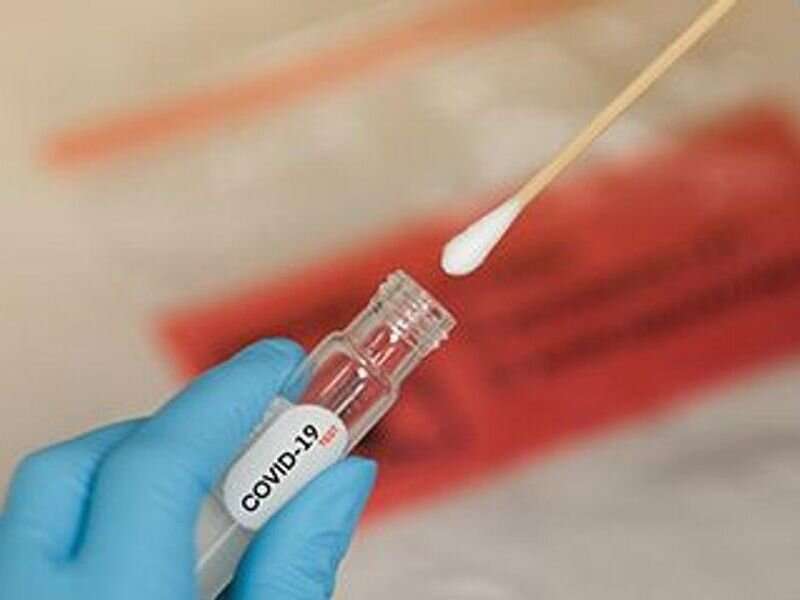
(HealthDay)—The frequency of long-term symptoms associated with COVID-19 is higher among individuals who self-reported ever receiving a positive severe acute respiratory syndrome coronavirus 2 (SARS-CoV-2) test, according to research published in the Sept. 10 issue of the U.S. Centers for Disease Control and Prevention Morbidity and Mortality Weekly Report.
Valentine Wanga, Ph.D., from the CDC COVID-19 Response Team, and colleagues surveyed a nationwide sample of U.S. adults aged 18 years or older to compare the prevalence of long-term symptoms among persons receiving a positive SARS-CoV-2 test with the prevalence of similar symptoms among persons who reported always receiving a negative test result.
The researchers found that about two-thirds of those with a positive test result experienced long-term symptoms. Those who received a positive test result reported a significantly higher prevalence of any long-term symptom compared with respondents who received a negative test result (65.9 versus 42.9 percent), and they had a higher prevalence of fatigue (22.5 versus 12.0 percent), change in sense of smell or taste (17.3 versus 1.7 percent), shortness of breath (15.5 versus 5.2 percent), cough (14.5 versus 4.9 percent), headache (13.8 versus 9.9 percent), and persistence (more than four weeks) of at least one initially occurring symptom (76.2 versus 69.6 percent). The proportion who reported believing that receiving a COVID-19 vaccine made their long-term symptoms better was higher for those who received a positive test result compared with those who received a negative test result (28.7 versus 15.7 percent).
Source: Read Full Article